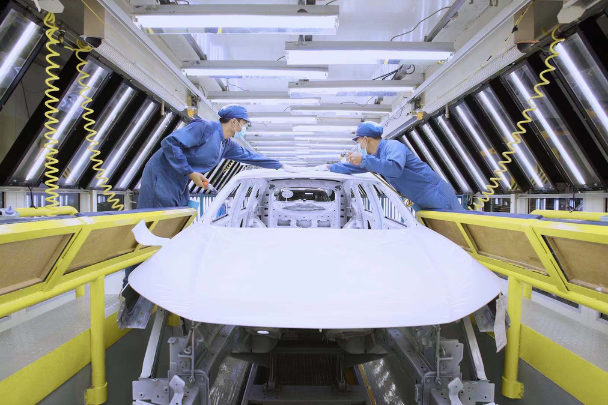BANGKOK — Thailand is delaying the imposition of the Euro 5 emissions standard on newly manufactured vehicles, which will be adopted as part of the government’s action plan to push the national agenda to “solve the problem of pollution by particles”.
According to deputy government spokeswoman Ratchada Thanadirek, the Cabinet approved the delay on Tuesday. The delay is from 2021 to January 1, 2024 due to the spread of the COVID-19 pandemic that has hampered the private sector manufacturing plan and its compliance with the implementation of the rule of Euro 5 emissions in 2021.
The Council of Ministers also assigned the Ministry of Industry to finalize the plan to impose the Euro 6 emission standard on newly manufactured vehicles so that vehicle manufacturers have time to prepare for the application without affecting their plan of operations
Postponing the implementation of the Euro 5 emissions standard will virtually allow the private sector to be ready for full compliance. Some of them have already manufactured new cars in accordance with the Euro 5 emission standard, while others are in the midst of revamping their manufacturing process.
In terms of incentives, the Ministry of Finance has announced a reduction in excise duty for passenger pick-up vehicles that emit less than 0.0005 grams per kilometer of particulate matter.
In addition, the Ministry of Energy also made an announcement about the quality of gasoline equivalent to the Euro 5 standard.
The Euro emission standard is the vehicle emission standard for pollution from the use of new vehicles in the European Union. The Euro 1 emissions standard came into force in 1992 in Europe.
Thailand adopted the Euro 1 emission standard in 1998 and continues to raise the standard over the years to the currently imposed Euro 4 in 2012. Euro 5 and 6 will further limit nitrogen oxide emissions and hydrocarbons and will implement a particle number standard.


